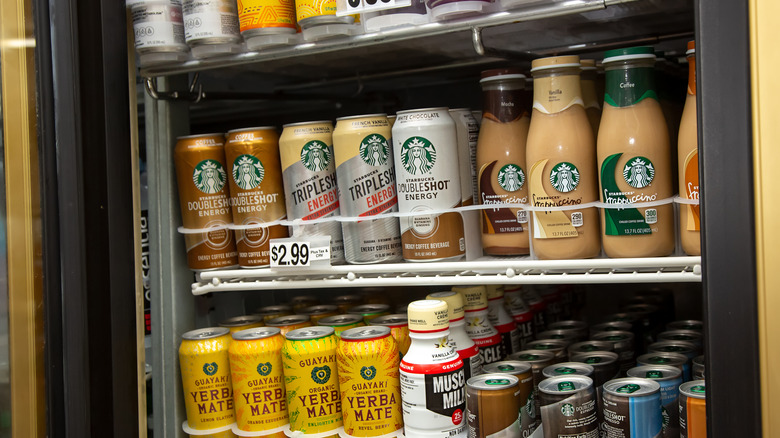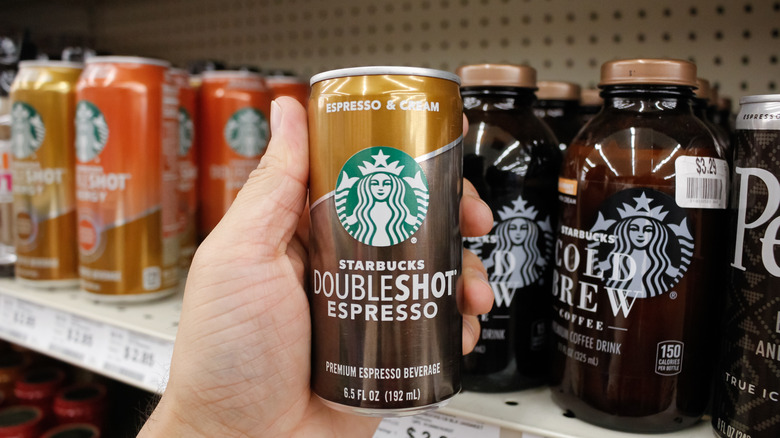
A significant portion of teenagers and young adults, at least one-third, regularly consume energy drinks. This is perhaps unsurprising, as the need for an energy boost can be felt after late nights spent studying and doing homework. However, popularity and temptation do not equate to healthiness. The National Institutes of Health (NIH) cautions that excessive caffeine consumption can impact mental health, disrupt sleep patterns, and affect cardiovascular and nervous systems. Moreover, it could lead to dehydration and digestive problems. The high sugar content in these drinks is also a concern.
Starbucks, ranked as America’s 43rd most popular dining brand by YouGov, offers energy drinks infused with beloved coffee flavors like vanilla, mocha, and caramel (as seen on Target). For Americans who enjoy coffee—approximately two-thirds, according to the National Coffee Association—this might seem like a dream come true. Yet, as previously noted, temptation does not necessarily mean these drinks are healthy.
Starbucks energy drinks may contain too much sugar

According to YouGov, almost half of millennials are fans of Starbucks DoubleShot Energy Coffee. But are they compromising their health?
The NIH has expressed concerns regarding the high sugar and caffeine content in energy drinks. For instance, the NIH points out that “a single 16-oz. container of an energy drink may contain 54 to 62 grams of added sugar,” which is well above the daily recommended sugar intake. Instacart indicates that a Starbucks Double Shot Energy Coffee Beverage contains 29 grams of sugar. While this is lower in comparison, it still surpasses the daily sugar intake recommended for women (24 grams) and is close to that for men (36 grams), as noted by Harvard T.H. Chan School of Public Health. Harvard warns that excessive sugar can lead to weight gain and increase heart disease risk.
Additionally, the NIH is concerned about the caffeine content in energy drinks. Excessive caffeine can cause anxiety, sleep disturbances, heart rhythm issues, and increased blood pressure, among other problems. CaffeineInformer states that a Starbucks Double Shot contains 135 mg of caffeine, while a Starbucks Triple Shot contains 225 mg, the latter being labeled as “extreme.” These amounts exceed the caffeine limit recommended for adolescents, as per Johns Hopkins All Children’s Hospital. However, Mayo Clinic suggests that up to 400 mg of caffeine is safe for most adults. Therefore, for those beyond adolescence, Starbucks energy drinks may not be as concerning in terms of caffeine, provided the recommended daily limit is not exceeded.




